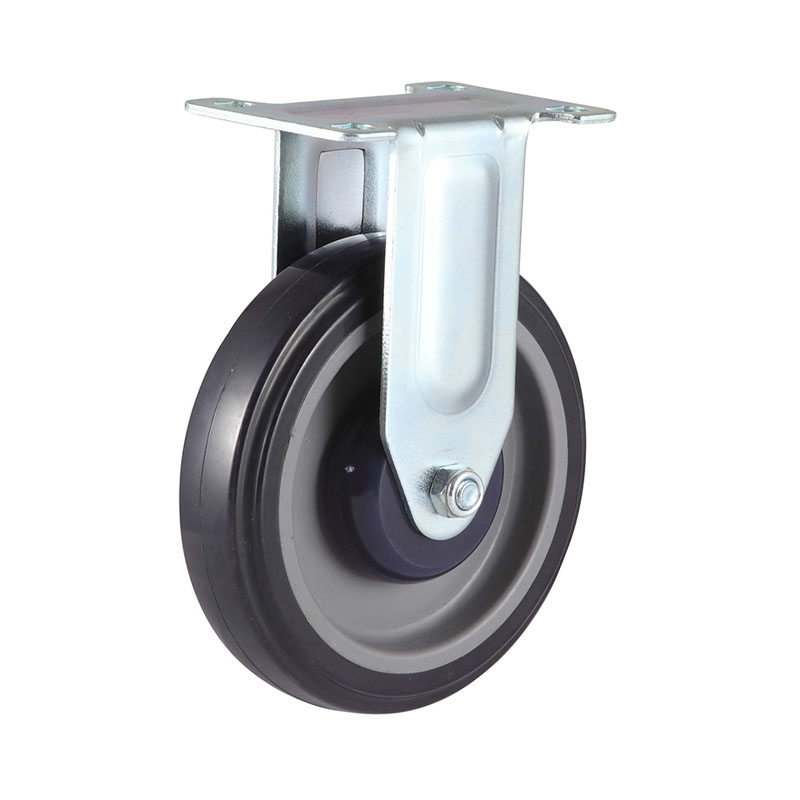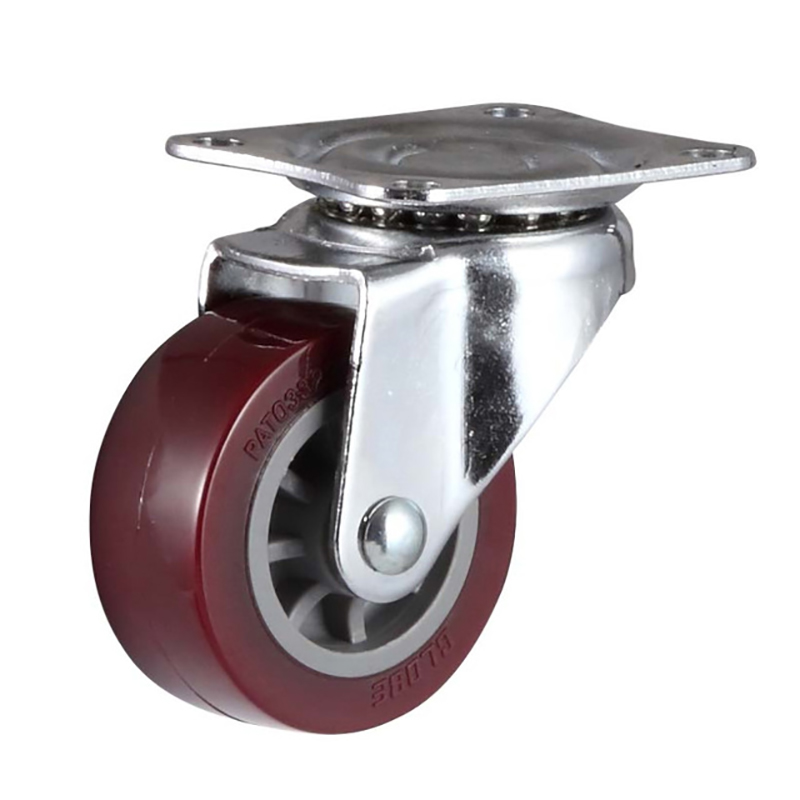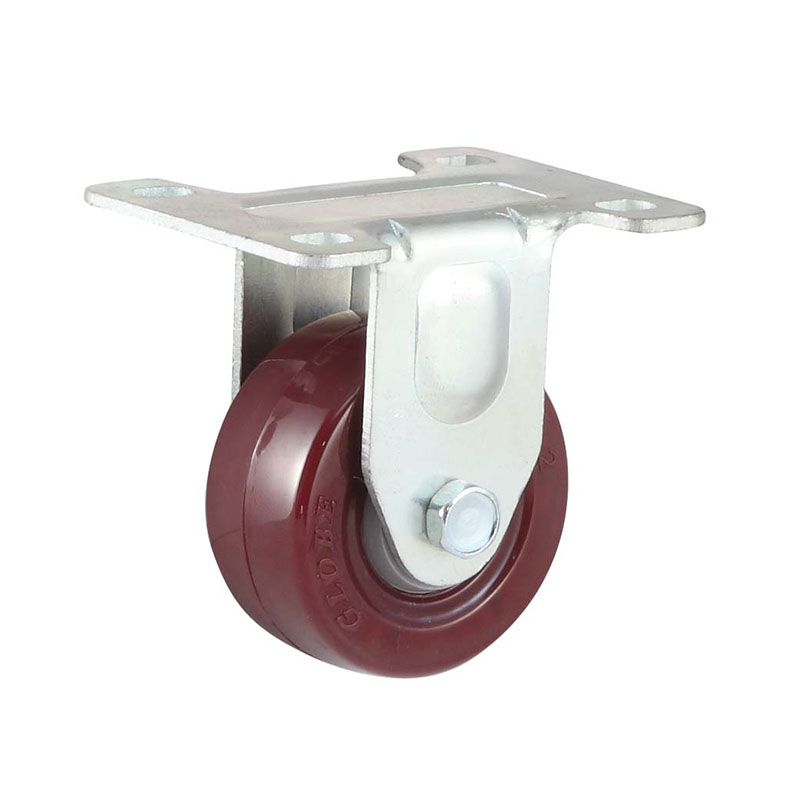Personlized Products Casters Polyurethane Manufacturer - EC1 Series-Top plate type-Swivel/Rigid – GLOBE
Personlized Products Casters Polyurethane Manufacturer - EC1 Series-Top plate type-Swivel/Rigid – GLOBE Detail:
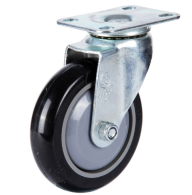
High-class PU caster
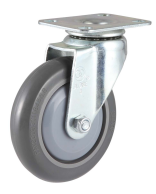
Super muting PU caster
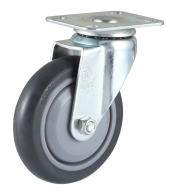
High-strength artificial rubber caster
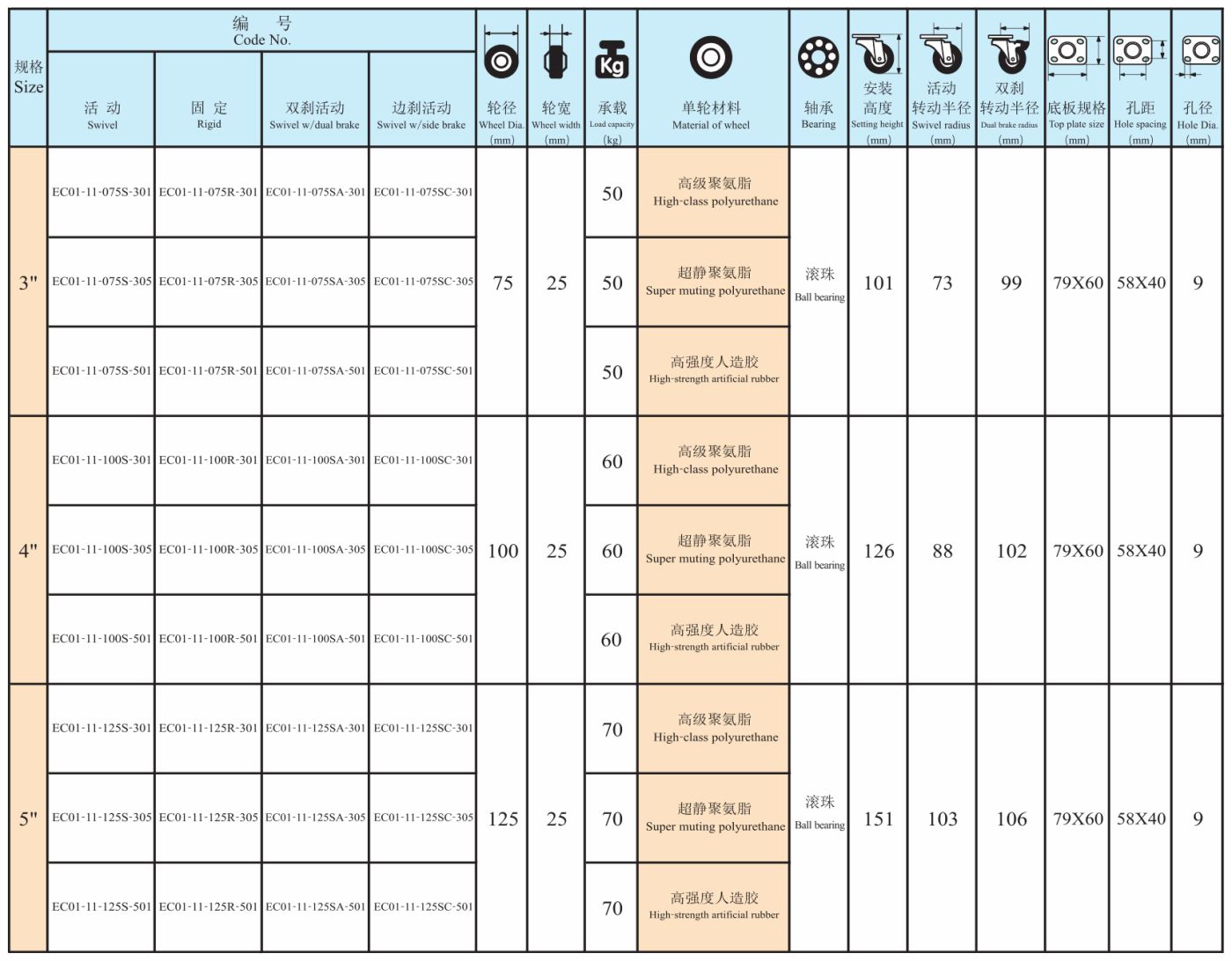
Advantages on our products:
1. High quality materials purchased with strictly quality check.
2. Each product checked strictly before packing.
3. We are professional manufacturer for over 25 years.
4. Trial order or mixed orders are accepted.
5. OEM orders are welcome.
6. Prompt delivery.
7) Any type of casters and wheels can be customized.
Contact Us Today
We adopted advanced technology, equipment and high-quality materials to ensure the flexibility, convenience and durability of our products. In different circumstances, our products have wear, collision, chemical corrosion, low/high temperature resistance, trackless, floor protection and low noise features.
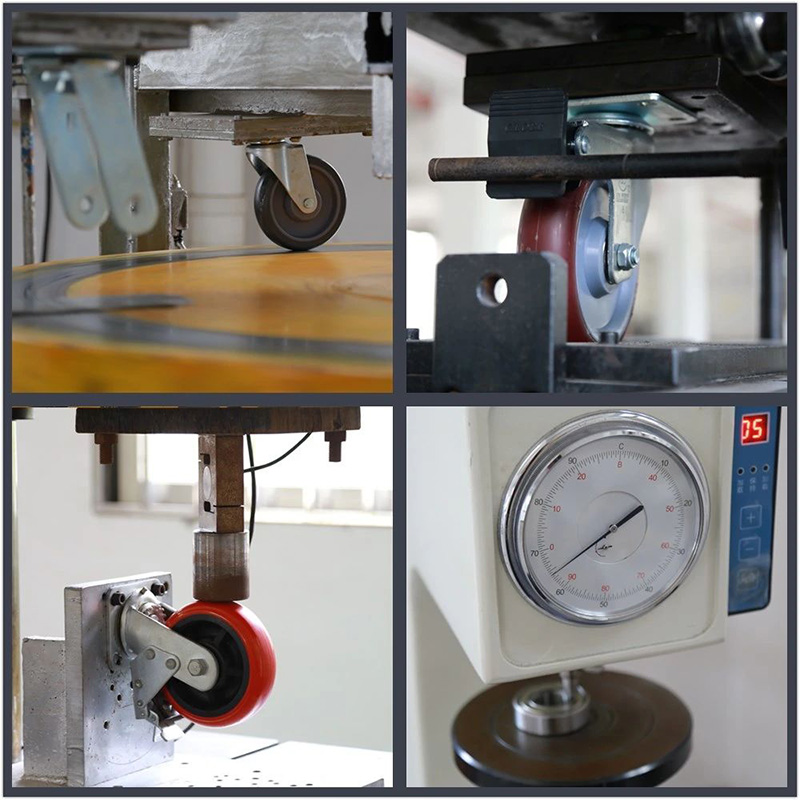
Testing
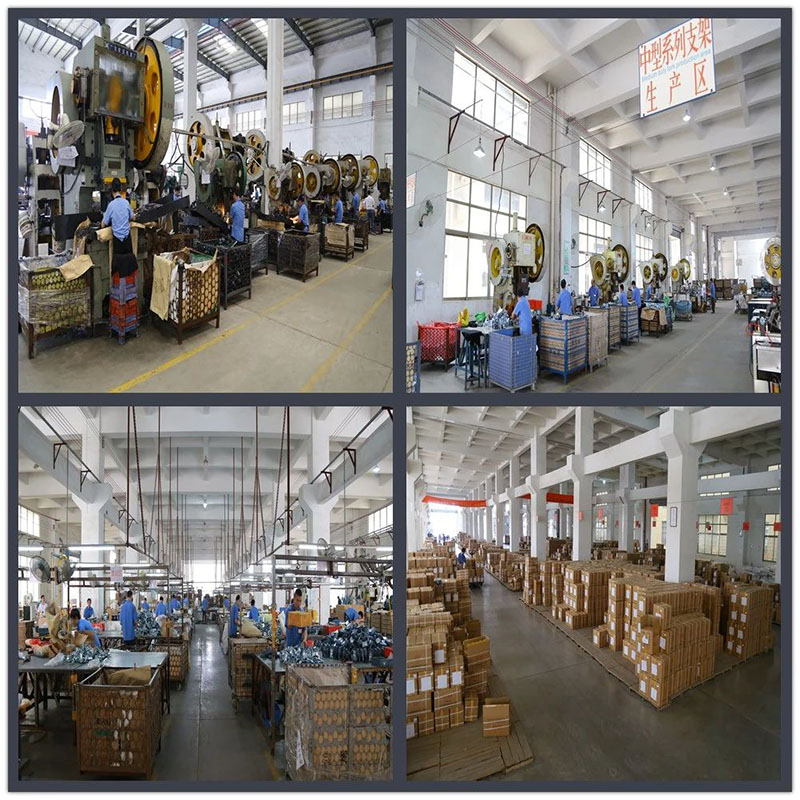
Workshop
Common knowledge of medium casters
In making medium-sized casters, we all know that the choice of model is exquisite, and now we are discussing the role of TPR in wearing resistance? compatibility? Recently, I have seen other Omni-directional wheel on the market. The same is transparent material. To test from the density, we found that their density is greater than ours. Ours is 0.9. They contain TPR is 0.99. Take the test version for abrasion test, our pure SEBS+PP formula is 2 times better than theirs. But in the end, the customer chose the one with the lower price. I want to ask everyone next. Is it reasonable or unreasonable to add TPR to the wheels of TPE to achieve high wear resistance?
At present, the hard plastics of the universal wheel industry mainly use copolymerized PP, and some use PA nylon. The soft plastics use TPE, and the market demand for TPR accounts for a large proportion. The processing and molding of this type of wheel is usually two-step injection molding. That is, the first step is to inject the hard plastic part PP or PA; the second step is to put the formed hard plastic part in another set of molds, and Fix the position, and then shoot and glue the soft plastic TPE and TPR to the position where the hard plastic part needs to be covered.
The thickness of the soft tread of medium-sized casters is usually 5-20mm, and because the material needs to have excellent wear resistance and elasticity (this determines the specific formulation of the material), the thickness of the product and the formulation of the material determine the TPE, TPR The coating temperature may be higher than that of thin-layer and other coated products. We recommend encapsulating PP with an injection temperature of 180~220℃, and encapsulating PA with a temperature of 240~280℃. The basic method for the universal wheel industry to test the performance of wheel products: Generally, it is to test the wear of the soft rubber layer of the wheel tread under a certain load. In fact, the basic common sense of these casters is more important. You need to know the basic knowledge of these industries to be able to do well in the work!
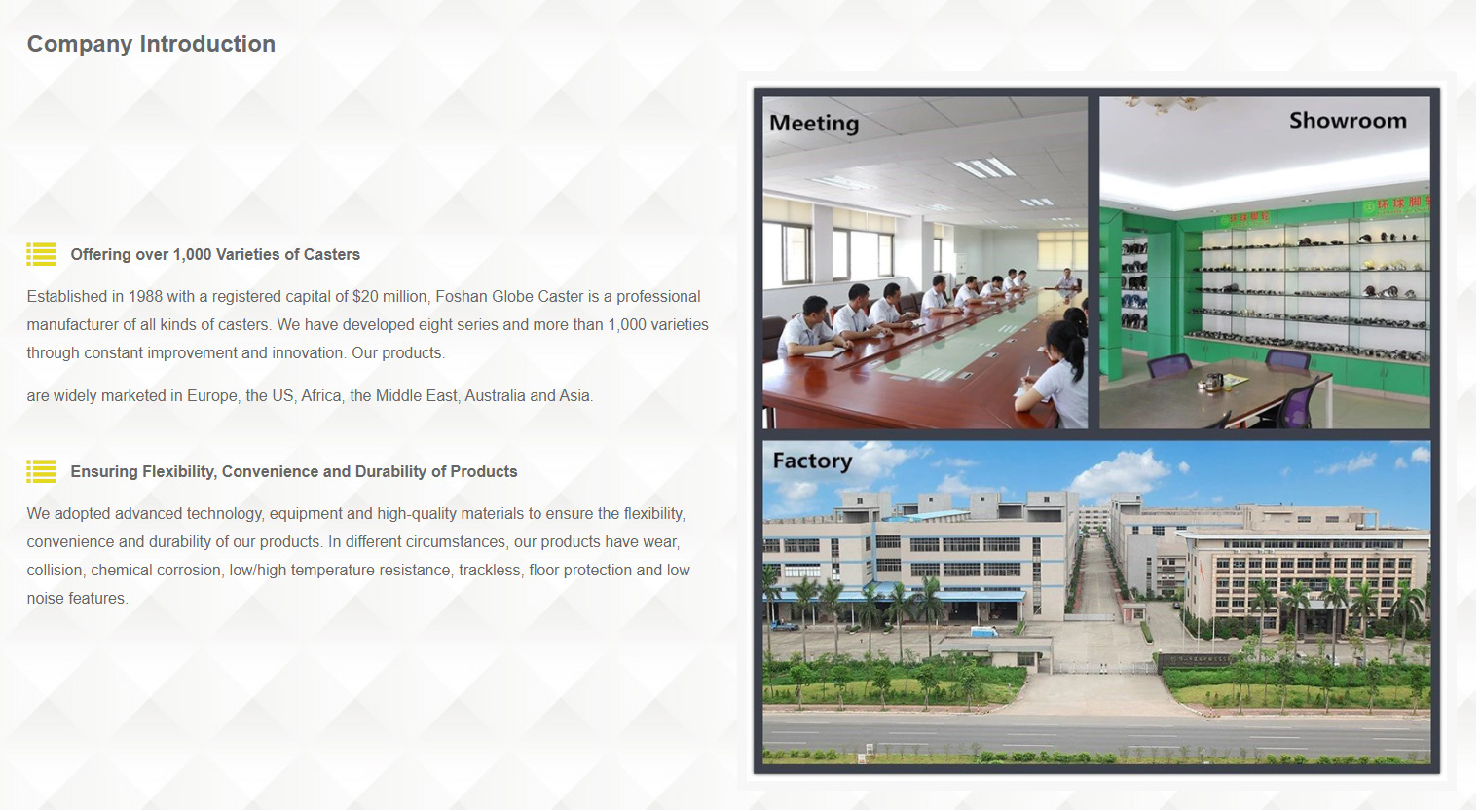
Product detail pictures:
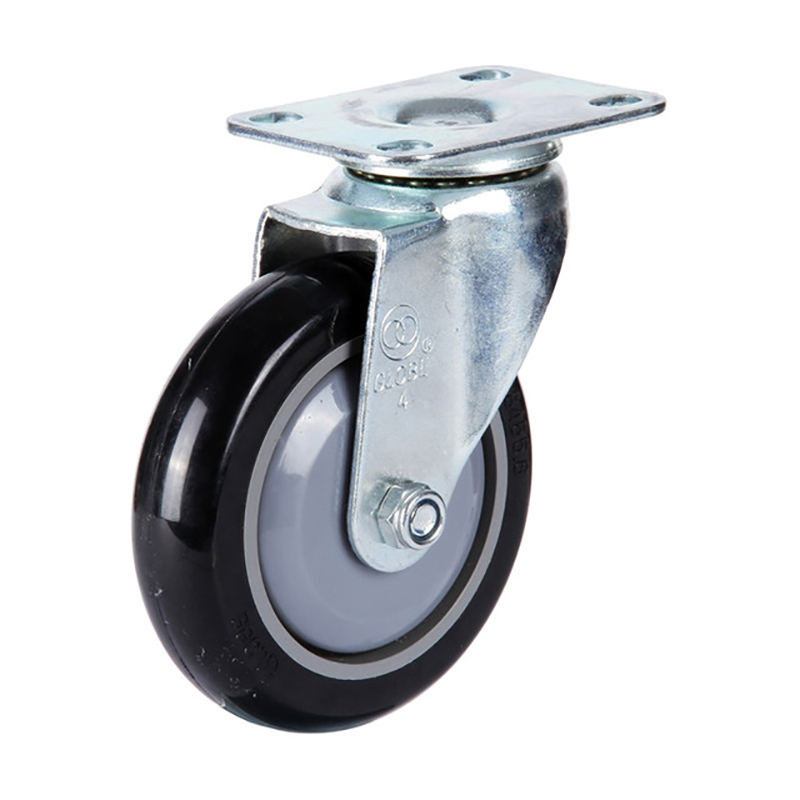
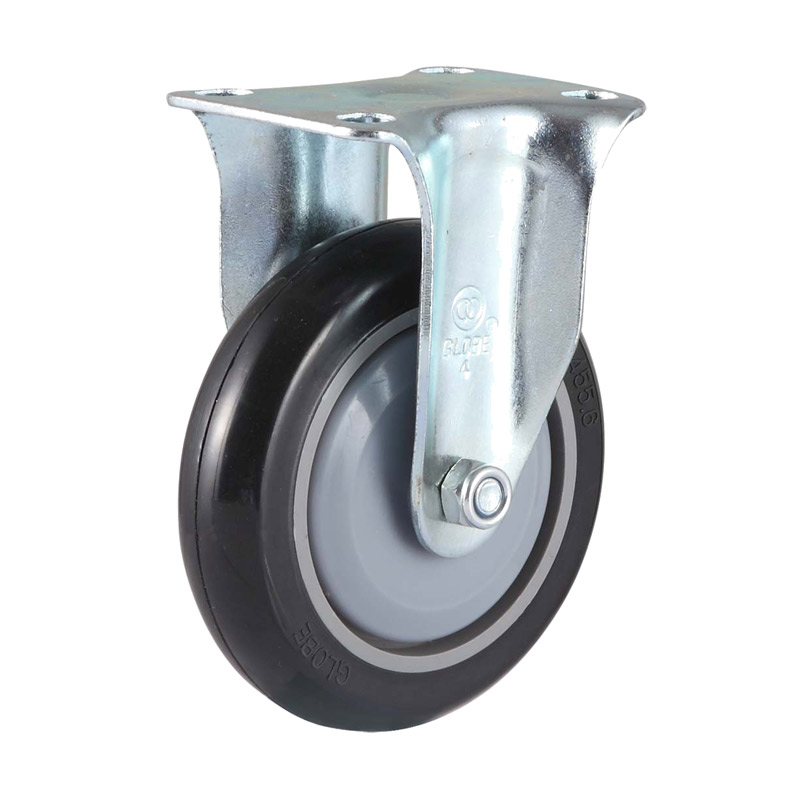
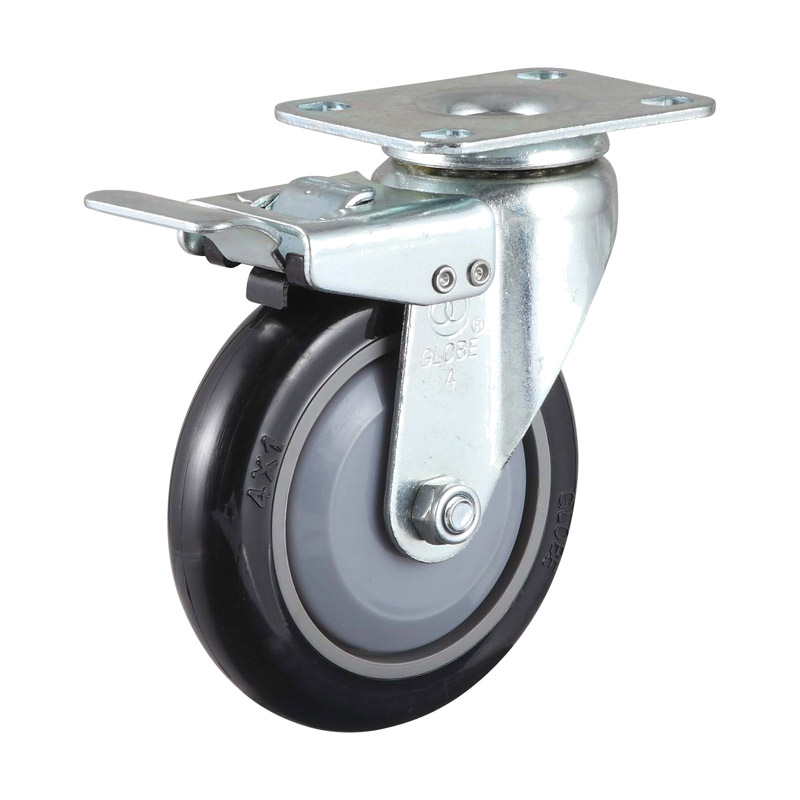
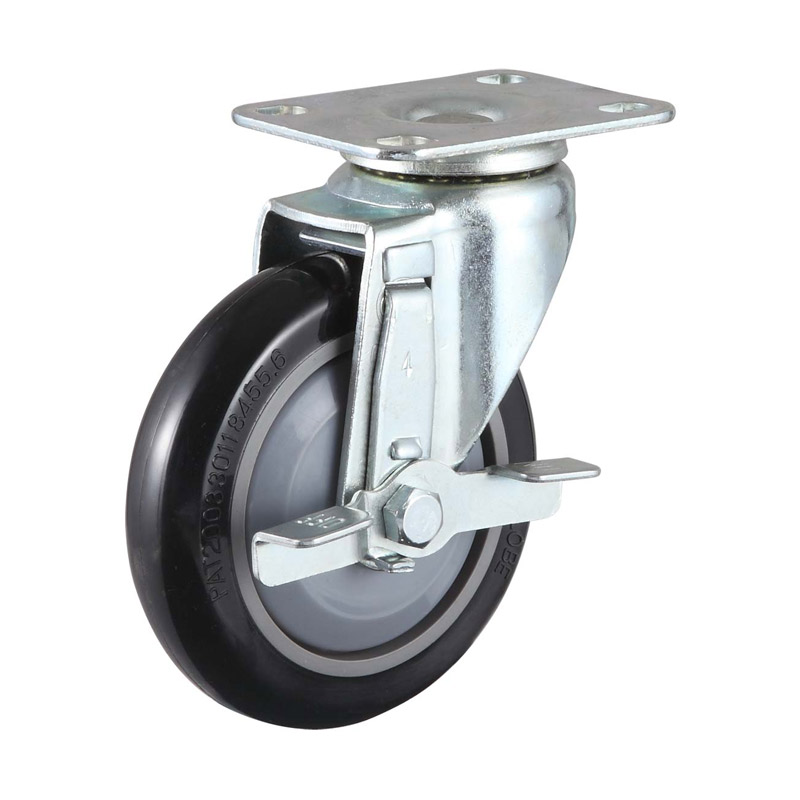
Related Product Guide:
The corporation keeps to the operation concept "scientific management, superior quality and performance primacy, consumer supreme for Personlized Products Casters Polyurethane Manufacturer - EC1 Series-Top plate type-Swivel/Rigid – GLOBE , The product will supply to all over the world, such as: Lesotho, Uruguay, Albania, In the new century, we promote our enterprise spirit "United, diligent, high efficiency, innovation", and stick to our policy"basing on quality, be enterprising, striking for first class brand". We would take this golden opportunity to create bright future.
This enterprise in the industry is strong and competitive, advancing with the times and develop sustainable, we are very pleased to have a opportunity to cooperate!


